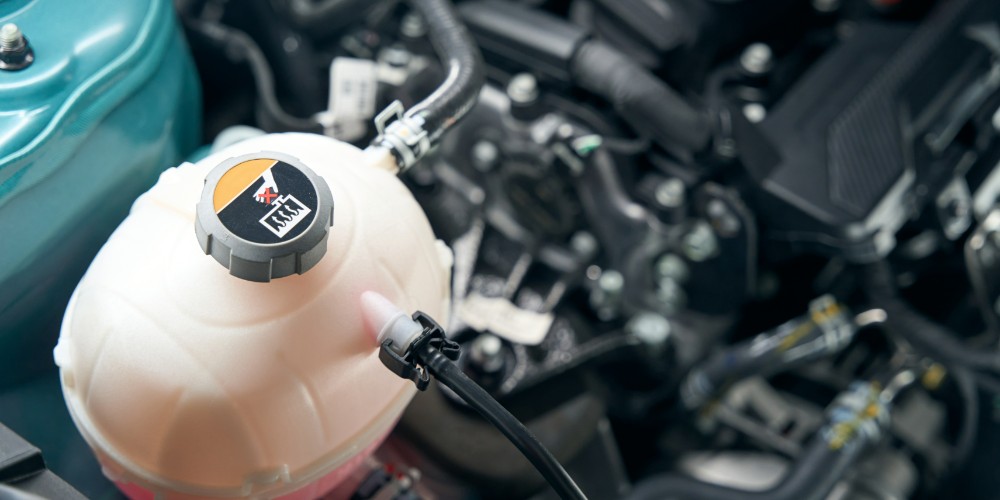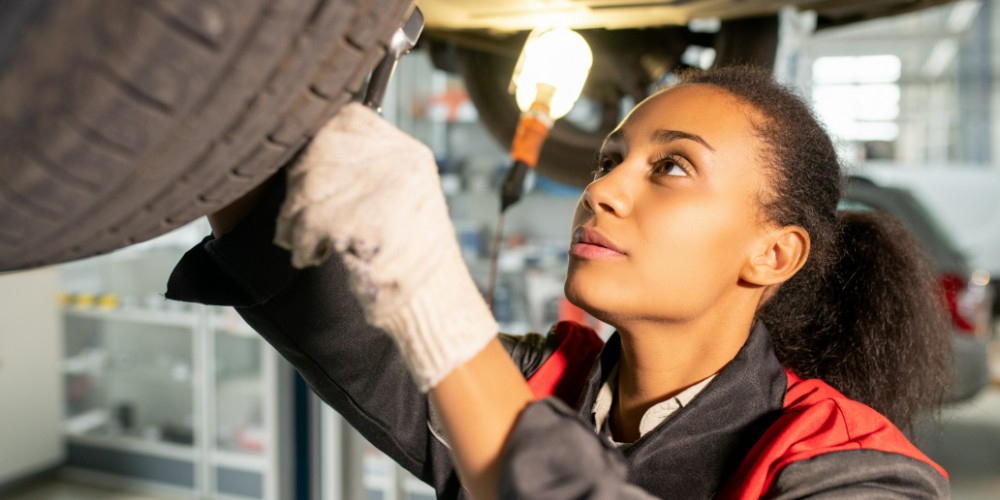Maintain Your Vehicle
Regular maintenance of your vehicle is crucial in improving fuel efficiency. Keep your tyres inflated to the recommended pressure, as underinflated tyres increase the rolling resistance of your vehicle, which in turn requires more fuel to move it. If necessary, replace your tyres altogether. Regular tune-ups and oil changes also help maintain your engine’s efficiency.
Drive Smoothly
Avoid sudden acceleration and hard braking, as it can use up to 30% more fuel. Accelerate smoothly and maintain a consistent speed to improve fuel efficiency.
Use Cruise Control
Using cruise control can help maintain a consistent speed, reducing the amount of fuel used when driving on the highway. However, only use cruise control when driving on a flat road, as using it on hilly terrain can cause your vehicle to use more fuel.
Avoid Idling
Letting your car idle is not only costly, it also produces toxic fumes. To save fuel and reduce pollution, turn off the engine if you are stopped for more than half a minute. It is also important to note that modern vehicles do not require a warm-up period, so avoid idling your car to warm it up.
Use the Right Gear
Driving in a gear that is too low or too high for your current speed can cause your engine to use more fuel. Use the gear that is appropriate for your speed and avoid unnecessary gear changes.
Remove Excess Weight
The heavier a load of your vehicle, the more fuel it will consume. Remove any unnecessary items from your car, including roof racks, as they increase wind resistance and reduce fuel efficiency.
Plan Your Route
Planning your route ahead of time can help you avoid traffic and reduce the time spent driving. The less time you spend on the road, the less fuel you will use.
Use the AC Wisely
Using the air conditioning system can increase fuel consumption, especially at high speeds. Use the AC only when necessary and avoid using it at low speeds or in stop-and-go traffic.
Close Windows
Driving with open windows can increase air resistance and reduce fuel efficiency. Close your windows and use the air conditioning instead to maintain a comfortable temperature.
Use the Recommended Fuel
Using the recommended fuel for your vehicle can improve fuel efficiency and reduce emissions. Using a higher octane fuel than what is recommended by your manufacturer does not improve performance or fuel efficiency.
Avoid Rush Hour
Driving during rush hour can increase the time spent on the road, which in turn increases fuel consumption. Try to avoid driving during peak traffic times if possible.
Carpool
Carpooling is a great way to save fuel and reduce emissions. Sharing a ride with others can reduce the number of vehicles on the road, which in turn reduces traffic congestion and improves air quality.
In conclusion, saving fuel is not only important for your wallet but also for the environment. By following these 12 tips, you can improve your car’s fuel efficiency and reduce your carbon footprint. Remember to maintain your vehicle regularly, drive smoothly, plan your route, and remove any excess weight from your car. Small changes in driving habits can go a long way in reducing fuel consumption and emissions.





